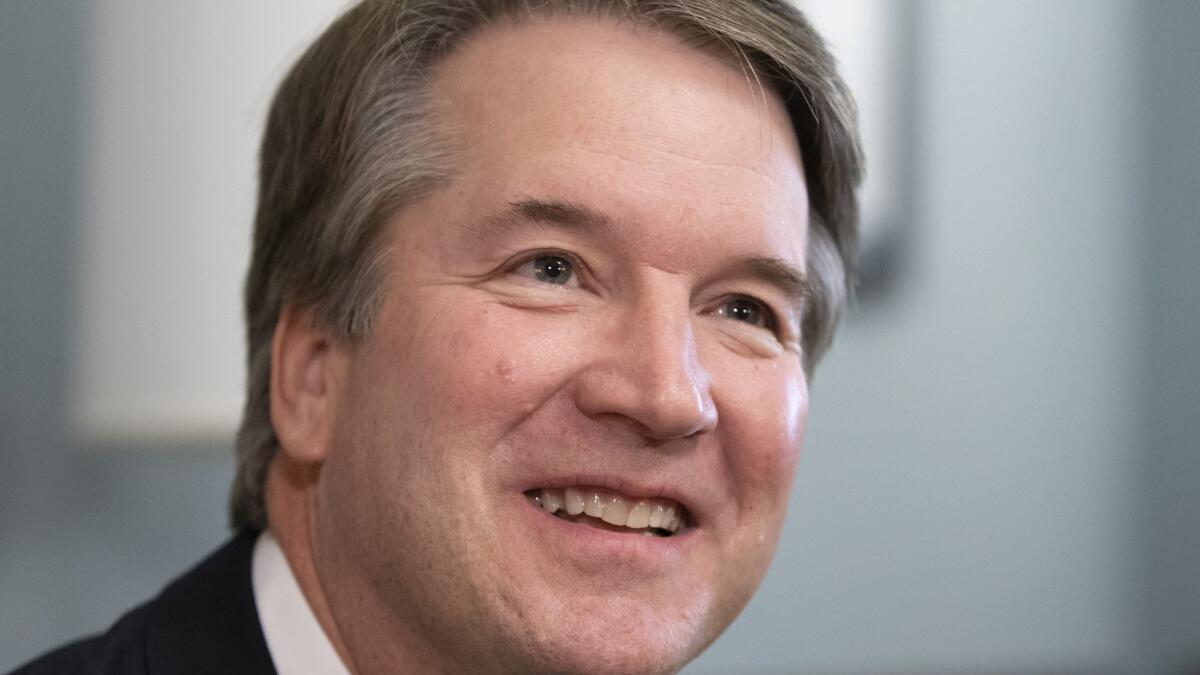Editorial: The electoral college is a blot on democracy. The Supreme Court shouldn’t make it worse

The Supreme Court on Wednesday was asked to rule that members of the electoral college have the right not to cast their votes for the presidential candidate who won their state, even if they are required to do so by state law. The court must reject that claim.
Monday’s oral arguments involved so-called faithless electors who emerged in two states following the 2016 election. In Washington, three electors were fined for voting not for Hillary Clinton, who carried the state, but for former Secretary of State Colin Powell. In Colorado, where Clinton also won the popular vote, Micheal Baca was removed as an elector after he tried to vote for then-Gov. John Kasich of Ohio.
There had also been a public campaign to persuade electors to reject Donald Trump. The argument was that the framers of the Constitution intended electors to cast their votes in what Alexander Hamilton called “circumstances favorable to deliberation.” But the electoral college as Hamilton envisaged it hasn’t existed for most of American history.
Fortunately, several justices indicated that they were loath to hand down a ruling that would upset the long-established understanding of the electors’ role. Justice Brett M. Kavanaugh asked during the argument in the Washington case whether the court ought not to be guided by what he called “the avoid-chaos principle of judging.”
But shouldn’t the justices rule not on pragmatic grounds but on the basis of what the Constitution requires? Of course, but the original overarching goal of the Constitution was to entrust states to appoint electors in whatever manner their legislatures saw fit. The states subsequently decided, rightly, on a more democratic approach, awarding electoral votes on the basis of the popular vote in their state. The court should respect that decision by allowing states to punish or replace electors who go rogue.
The alternative is a situation in which electors could be lobbied to vote for a candidate who didn’t carry their state — conceivably the winner of the national popular vote but just as likely someone else, as occurred in these cases.
Twice in the recent past the electoral college has installed in the White House candidates who lost the national popular vote. That’s why this editorial page has called for its abolition. As a stopgap measure, we also have supported California’s decision to join the National Popular Vote Interstate Compact in which participating states pledge to award their electoral votes to the candidate who wins the national popular vote. (The compact wouldn’t go into effect until it included enough states to constitute a majority of 270 electoral votes.)
The electoral college is a blot on American democracy. But allowing electors to disregard their states’ popular vote would make the system even less democratic.
More to Read
A cure for the common opinion
Get thought-provoking perspectives with our weekly newsletter.
You may occasionally receive promotional content from the Los Angeles Times.










